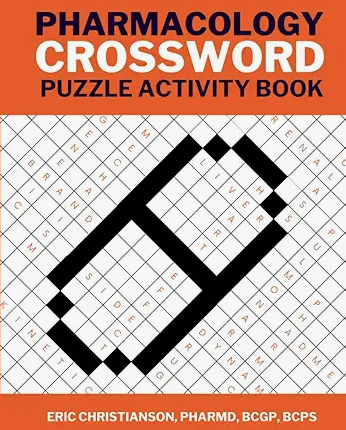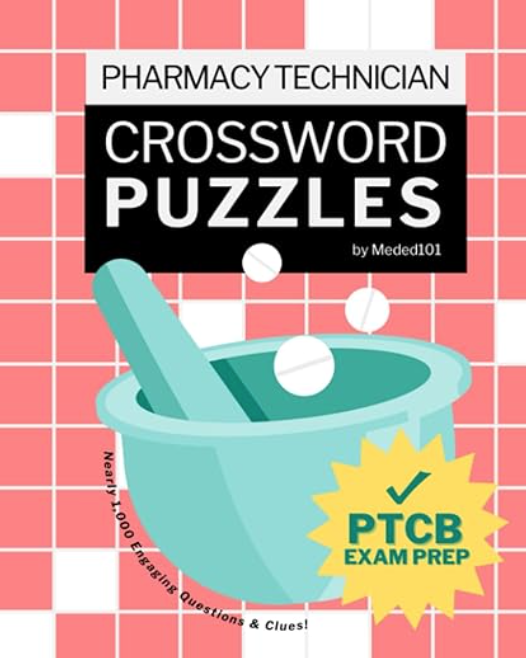Deprescribing is an important part of care for hospice patients. The main goal of hospice care is to focus on comfort care rather than curative treatments, which means evaluating if a patient’s current medications are still indicated, effective, safe, and convenient. Some medications may no longer provide much benefit and could even cause harm or unnecessary pill burden. [Based on my experience in hospice chart reviews], the most common types of medications that are re-evaluated are statins, aspirin, anticoagulants, dementia medications, and over-the-counter vitamins and supplements. In this article, we will outline my top five drug targets for deprescribing in hospice.
Statins
Statins are commonly prescribed to lower cholesterol and reduce the risk of cardiovascular events such as strokes and heart attacks. However, in hospice patients, the long-term preventative benefits of statins are usually no longer relevant. These medications can also cause muscle toxicity such as myalgia, myopathy, and myositis. For this reason, statin therapy is usually discontinued in hospice care, especially if the patient is not at high risk for a major cardiac event in the near future.
Dementia Medications
Donepezil and memantine are typically prescribed for increasing cognitive function in dementia patients, however they pose risks such as increased risk of falls, confusion, nausea and vomiting, therefore they are usually re-evaluated. If the patient is tolerating the medication well and not experiencing falls or increased confusion, it may be continued. However, if they start experiencing side effects or the disease has progressed to a point where the medication is no longer helpful, it is often stopped.
Aspirin and Anticoagulation
Aspirin therapy may be prescribed for the primary prevention of strokes and heart attacks. Long-term aspirin therapy for primary prevention in the older patient population is typically not recommended due to increased risk of bleeding, especially if they have a history of falls or impaired cognitive function. It is usually discontinued unless the patient has a strong reason to continue (i.e., secondary prevention), such as a history of stents, mechanical valve, or a history of/active cancer that increases clot risk. Assessing the latest hemoglobin and platelets prior to admission to hospice, and overall bleed risk, is important when making this decision.
Blood thinners such as warfarin and direct oral anticoagulants (DOACs) are used for blood clot prevention, mainly in atrial fibrillation patients or those who have had a deep vein thrombosis (DVT). If the patient does not have atrial fibrillation and is on anticoagulant for a history of DVT or another clotting condition, therapy is usually continued. However, if the patient is on anticoagulants for atrial fibrillation, a careful risk versus benefits assessment is needed. Tools like the CHA2DS2-VASc (excellent to remember for board certification!) risk stratification score can help assess stroke risk, while the assessment for bleed risk for patients taking DOACs would rely on assessing conditions such as falls, confusion, anemia, history of bleed, and concurrent drugs that may increase bleed risk. The HAS-BLED risk score is only validated for warfarin. If the bleeding risk is high and the overall benefit is low, discontinuing the therapy may be considered.
Bisphosphonates
Bisphosphonates, like alendronate, are commonly used for the treatment of osteoporosis and help prevent fractures. While these medications can be beneficial for long-term bone health, the duration of therapy can be up to 5 to 10 years. Since hospice patients are focused on comfort care rather than long-term prevention, bisphosphonates are generally no longer necessary and are often discontinued. This class of medication represents an excellent opportunity for deprescribing in hospice patients.
Over-the-Counter (OTC) Vitamins and Supplements
Many patients take vitamins and supplements for general health or treatment of deficiencies. In hospice patients, if there is no clear indication, these may not provide much benefit to the patient. For example, if a patient is taking vitamin D for a past deficiency but recent labs look normal and they don’t have any signs or symptoms, it may not be necessary to continue. On the other hand, if a patient is taking a Vitamin B12 supplement for vitamin B12 deficiency, the duration of therapy depends on the initial cause of the deficiency. If the cause of deficiency can be treated or eliminated, then supplementation can be discontinued after the deficiency is corrected. Each case should be assessed individually, but common OTC products that are frequently discontinued are multivitamins, vitamins, probiotics, and general health supplements.
The goal of deprescribing in hospice care is to improve the patient’s comfort and reduce any unnecessary pill burden. While each case is different and there are many more medications that are reassessed in hospice patients, statins, dementia medications, aspirin, bisphosphonates, OTC supplements, and anticoagulants are some of the most commonly re-evaluated drug classes. By conducting hospice medication reviews, we can ensure that the patient’s medication regimen aligns with their goals of comfort care and quality of life with hospice care.
This article was written by Gaochoua Vang, PharmD Candidate in collaboration with Eric Christianson, PharmD, BCPS, BCGP.
- 30 medication mistakes PDF
- 18+ Page Drug Interaction PDF
- 10 Commandments of Polypharmacy Webinar based on my experiences in clinical practice









0 Comments